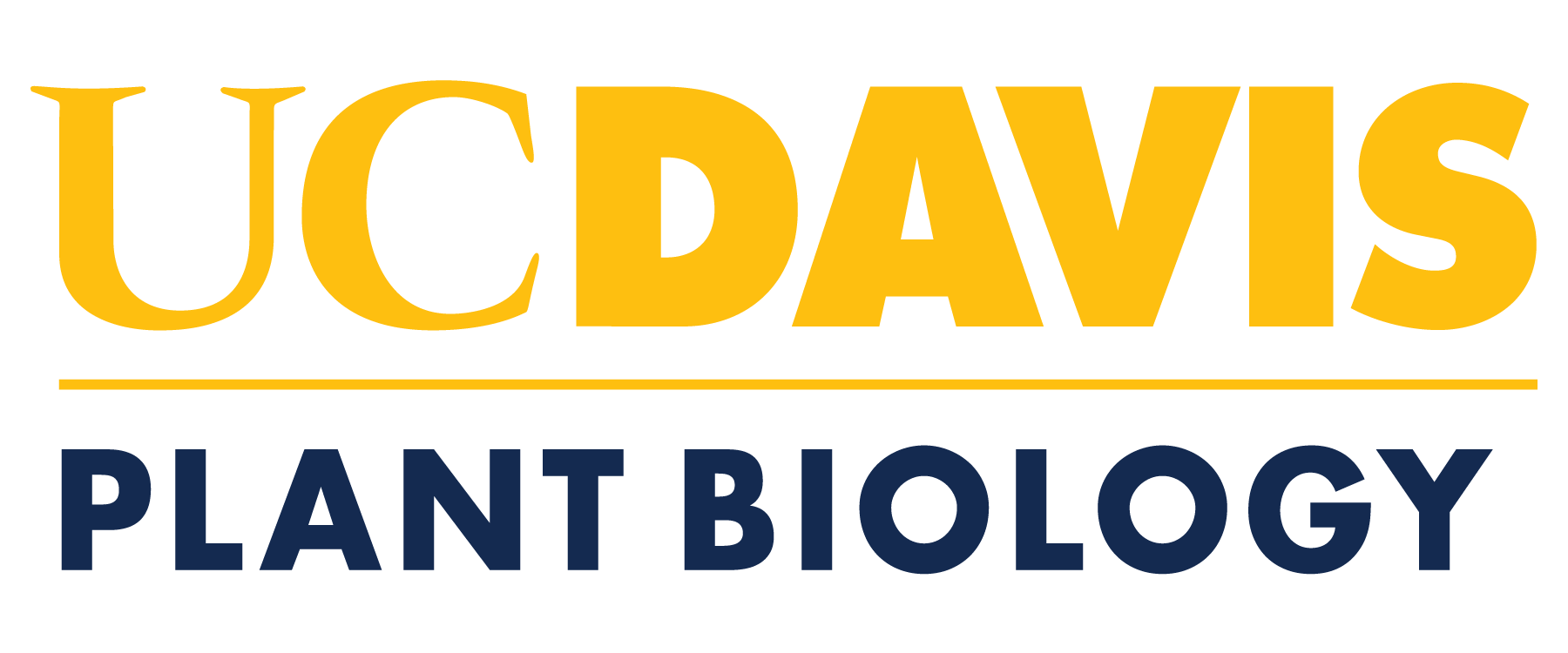
What’s in a Leaf? Students Map the Chemistry of Campus Plants
Catalog of plant compounds will help create an interactive database
Plants produce thousands of chemical compounds that help them attract friends and deter foes. Many of these compounds, or “metabolites,” have been harnessed by humans in fragrances, medicines, and biofuels.
During the 2025 spring quarter, CBS students began cataloging plant metabolites in the UC Davis Arboretum and Public Garden as part of a new Course-based Undergraduate Research Experience (CURE) course. Taught by Philipp Zerbe, a professor of plant biology, and postdoctoral scholar Farida Yasmin in Zerbe’s lab, the course had two broad aims: to give students the chance to engage in real research using cutting-edge technologies, and to kickstart a database showcasing the vast diversity of natural plant products on campus.
“Our goal is to create an interactive chemical map of the arboretum—based on data collected by students—that allows people to explore the diversity of natural plant products, their roles in nature, and their benefits to humans,” said Zerbe.
